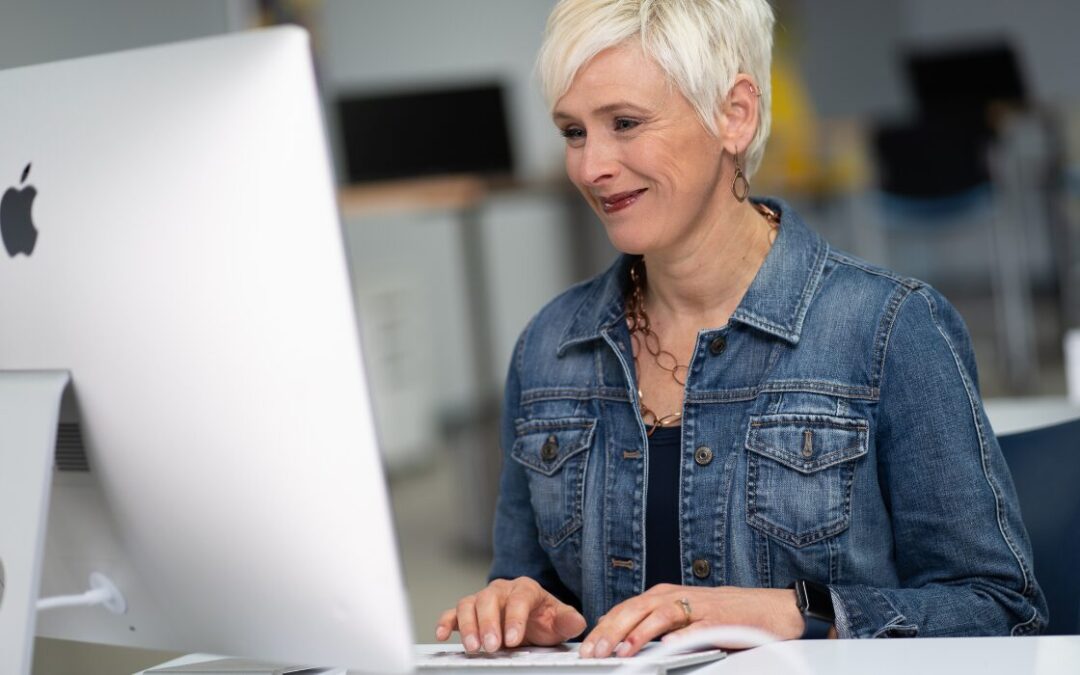Last week, I had the opportunity to attend XCHANGE’s Appreciative Inquiry Summit and Certification program – a 3-day immersive gathering that turned out to be a truly transformational learning experience. Because I am part of the xchange community, I had an idea of what the week might look like, and from the moment I walked in, it was clear, as most of their events are, this was not a typical training seminar. Instead of passive lectures, we dove into interactive activities that leveraged the power of belonging and human connection to “unlock the wisdom in the room,” (xchangeapproach.com). I found myself in a circle of diverse professionals – corporate trainers, nonprofit leaders, HR managers, coaches, educators – all sharing stories and ideas in a spirit of openness. By the end of day one, the event had already begun to forge deep connections among us. It was astonishing how quickly semi-strangers became collaborators and friends as we discovered common passions and values.
One reason the summit felt so special was that it honored each person’s voice and perspective. In one exercise, we paired up to interview each other about a story or example of when I have seen a community at its best. I was paired with someone from a completely different industry and background, yet as we listened to each other’s stories, we found surprising commonalities and connective energy. This process not only helped us appreciate each other’s unique strengths, but it also created a safe space where everyone felt seen and heard. There was a palpable sense that every story mattered. (As one of THE Appreciative Inquiry experts, Ron Fry, put it, “start with stories, never start with… a list question” – because stories have a special power to connect people across differences, (appreciativeinquiry.champlain.edu.)
A facilitator engages participants in a collaborative discussion during an Appreciative Inquiry Summit. Such summits use inclusive, circle-style conversations instead of traditional lecture formats, allowing every voice to be heard and valued.
For me, the summit was a transformational experience on a personal level. It wasn’t just learning about Appreciative Inquiry (AI) from slides or books – it was seeing AI in action. Throughout the summit, the methods of Appreciative Inquiry were woven into how we learned. We didn’t merely talk about giving people a voice; we actually practiced it in real time. We brainstormed bold “what if” ideas, and collectively designed solutions – all by focusing on what works, rather than what’s broken. This firsthand immersion helped deepen my understanding of AI profoundly. Concepts that I had read about (like “focus on strengths” or “whole-system engagement”) suddenly had a deeper meaning at an experiential level. I realized then that this approach doesn’t just spark intellectual insight; it sparks enthusiasm, hope, and a sense of possibility. In short, attending the summit not only expanded my facilitator toolkit, but it also rekindled my passion for what’s possible in learning and development.
What’s next? In Part 2 of next week’s blog, we will dive into Appreciative Inquiry 101: Methodology, the 5I Process, and Key Principles.

